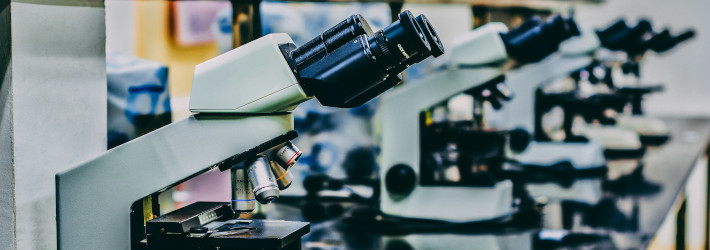On March 5, 2025, the Federal Circuit affirmed the grant of a preliminary injunction against the launch of Celltrion’s proposed EYLEA® (aflibercept) biosimilar CT-P42 in CAFC Case Nos. 24-2058 and 24-2147 (appealing from 1:23-cv-00089 (N.D.W. Va.) / MDL 1:24-md-03103 (N.D.W. Va.)).
Many of the issues in this appeal overlapped with issues in the previously decided appeals of preliminary injunctions preventing the launch of Samsung Bioepis’s Opuviz™ (aflibercept-yszy) and Formycon’s Ahzantive® (aflibercept-mrbb) (previously reported Federal Circuit Affirms Preliminary Injunctions in EYLEA® Biosimilar Litigations Against Samsung Bioepis and Formycon). Celltrion conceded that the Samsung Bioepis opinion controlled on the issue of personal jurisdiction and nexus between infringement and irreparable harm, both of which the CAFC found in Regeneron’s favor. Therefore, the only new issue in this appeal was whether Celltrion had raised a “substantial question of invalidity” of Regeneron’s U.S. Patent No. 11,084,865 (“the ’865 patent”).
Similar to Samsung Bioepis and Formycon, Celltrion challenged the ’865 patent as being invalid for obviousness-type double patenting over another patent in the same family, U.S. Patent No. 9,340,594 (“the ’594 patent”). The CAFC focused on the stability requirement in the ’865 patent, for which Celltrion disputed the District Court’s claim construction. The CAFC disagreed that the District Court had misconstrued the limitations, having given sufficient support for its construction. The CAFC also found that Celltrion’s inherency arguments for the “98% native confirmation” claim limitation contradicted the plain claim language, and that there was no clear error in the District Court’s obviousness finding. Having agreed with the District Court’s conclusions, the CAFC found the stability limitation rendered the ’865 patent claims patentably distinct from the ’594 patent.
On March 14, 2025, the Federal Circuit affirmed the denial of a preliminary injunction against the launch of Amgen’s Pavblu™ (adalimumab-ayyh) in CAFC Case No. 24-2351 (appealing from 1:24-cv-00039 (N.D.W. Va.) / MDL 1:24-md-03103 (N.D.W. Va.)). Amgen announced the launch of Pavblu™ in October 2024, shortly after the CAFC denied Regeneron’s request for an injunction pending appeal (previously reported Amgen Launches Pavblu™ as the First EYLEA® Biosimilar in the U.S.).
As we previously reported in Amgen Plans At-Risk Launch of EYLEA® Biosimilar Pavblu™ After Federal Circuit Lifts Temporary Injunction, the District Court denied the preliminary injunction for a lack of reasonable success on the merits, because Amgen had raised a substantial question of noninfringement, explaining that Pavblu™, unlike the other biosimilars for which preliminary injunctions were granted, did not contain a separate buffer in its formulation, as required by the ’865 patent claims.
On appeal, Regeneron challenged the District Court’s claim construction, specifically whether it erred in applying Becton v. Tyco Healthcare Grp., 616 F.3d 1249 (Fed. Cir. 2004) to assess the claims to determine whether claim elements listed separately are distinct components of the patented invention. The CAFC agreed that Becton does apply, and that the plain language of the claim established a “clear implication” that the VEGF antagonist and buffer were distinct components of the claimed formulation, and that the implication of separateness was not overcome by intrinsic or extrinsic evidence.
Regeneron reported EYLEA® U.S. sales of $4.767 billion in FY2024.
For more information about these and other biosimilar patent disputes, please visit BiologicsHQ.
_____________________________________________________
The author would like to thank April Breyer Menon for her contributions to this article.


